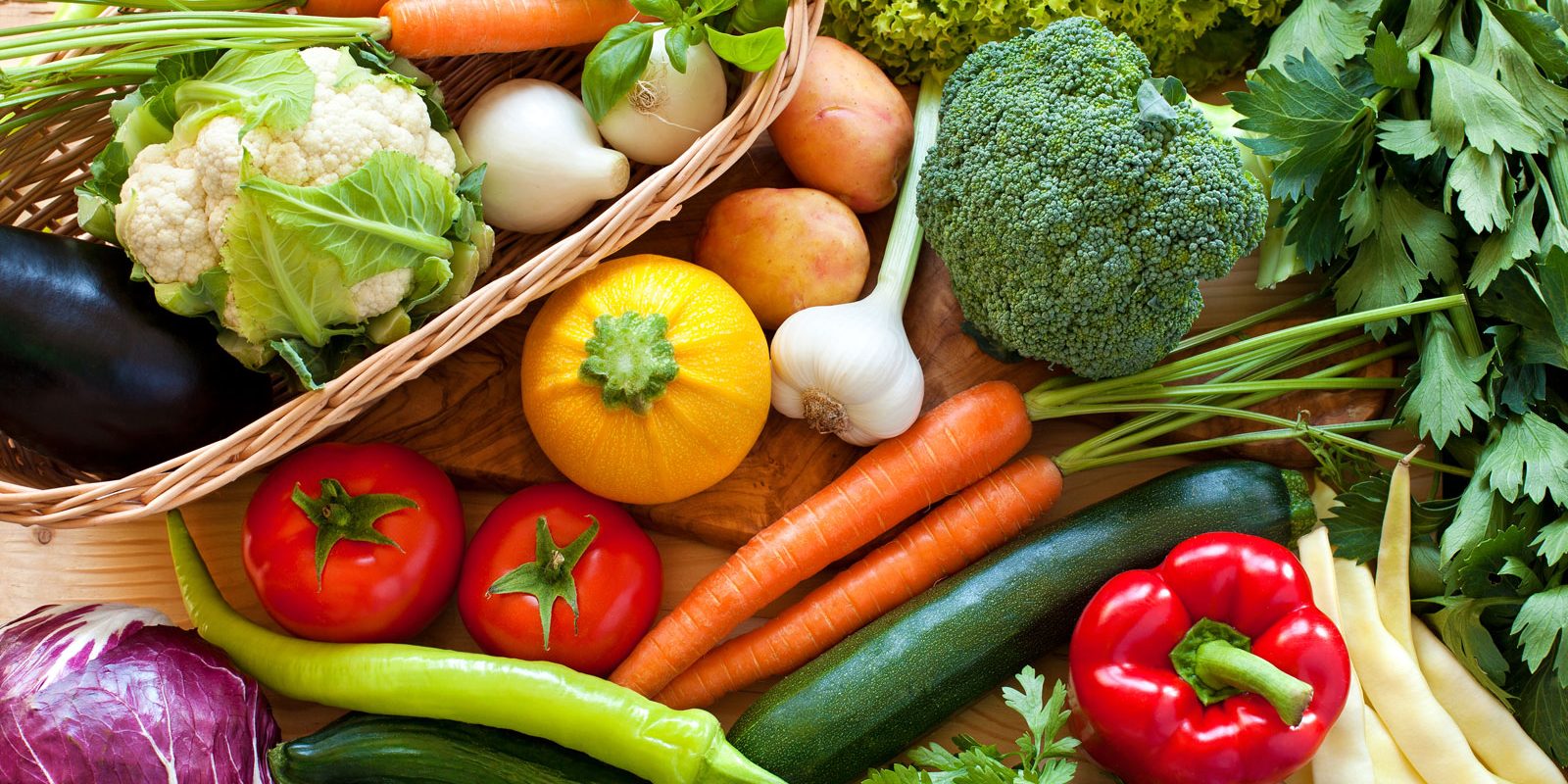The term “organic” refers to the way agricultural products are grown and processed. While the regulations vary from country to country, in Ukraine organic crops must be grown without the use of synthetic pesticides, bioengineered genes (GMOs), petroleum-based fertilizers, and sewage sludge-based fertilizers.
| Organic vs. Non-Organic | |
| Organic produce: | Conventionally-grown produce: |
| Grown with natural fertilizers (manure, compost). | Grown with synthetic or chemical fertilizers. |
| Weeds are controlled naturally (crop rotation, hand weeding, mulching, and tilling). | Weeds are controlled with chemical herbicides. |
| Pests are controlled using natural methods (birds, insects, traps) and naturally-derived pesticides. | Pests are controlled with synthetic pesticides |
The benefits of organic food
How your food is grown or raised can have a major impact on your mental and emotional health as well as the environment. Organic foods from Smakogor often have more beneficial nutrients, such as antioxidants, than their conventionally-grown counterparts and people with allergies to foods, chemicals, or preservatives often find their symptoms lessen or go away when they eat only organic foods.
Organic produce contains fewer pesticides. Chemicals such as fungicides, herbicides, and insecticides are widely used in conventional agriculture and residues remain on (and in) the food we eat.
Organic food is often fresher because it doesn’t contain preservatives that make it last longer. Organic produce is often (but not always, so watch where it is from) produced on smaller farms near where it is sold.
Organic farming is better for the environment. Organic farming practices in Ukraine reduce pollution, conserve water, reduce soil erosion, increase soil fertility, and use less energy. Farming without pesticides is also better for nearby birds and animals as well as people who live close to farms.
Organic food is GMO-free. Genetically Modified Organisms (GMOs) or genetically engineered (GE) foods are plants whose DNA has been altered in ways that cannot occur in nature or in traditional crossbreeding, most commonly in order to be resistant to pesticides or produce an insecticide.
Does organic mean pesticide-free?
As mentioned above, one of the primary benefits of eating organic is lower levels of pesticides. However, despite popular belief, organic farms do use pesticides. The difference is that they only use naturally-derived pesticides, rather than the synthetic pesticides used on conventional commercial farms. Natural pesticides are believed to be less toxic, however, some have been found to have health risks. That said, your exposure to harmful pesticides will be lower when eating organic.
Does washing and peeling produce get rid of pesticides?
Rinsing reduces but does not eliminate pesticides. Peeling sometimes helps, but valuable nutrients often go down the drain with the skin. The best approach: eat a varied diet, wash and scrub all produce thoroughly, and buy organic when possible.
The best bang for your buck when shopping organic
Organic food is often more expensive than conventionally-grown food. But if you set some priorities, it may be possible to purchase organic food from Smakogor and stay within your food budget.
Fruits and vegetables where the organic label matters most
The following fruits and vegetables have the highest pesticide levels so are best to buy organic:
| Apples Sweet Bell Peppers Cucumbers Celery Potatoes Grapes Cherry Tomatoes | Kale/Collard Greens Summer Squash Nectarines Peaches Spinach Strawberries Hot Peppers |
Fruits and vegetables you DON’T need to buy organic
Known as the “Clean 15”, these conventionally-grown fruits and vegetables are generally low in pesticides.
| Asparagus Mushrooms Cabbage Sweet Corn | Onion Sweet Peas (frozen) Cantaloupe Eggplant |







